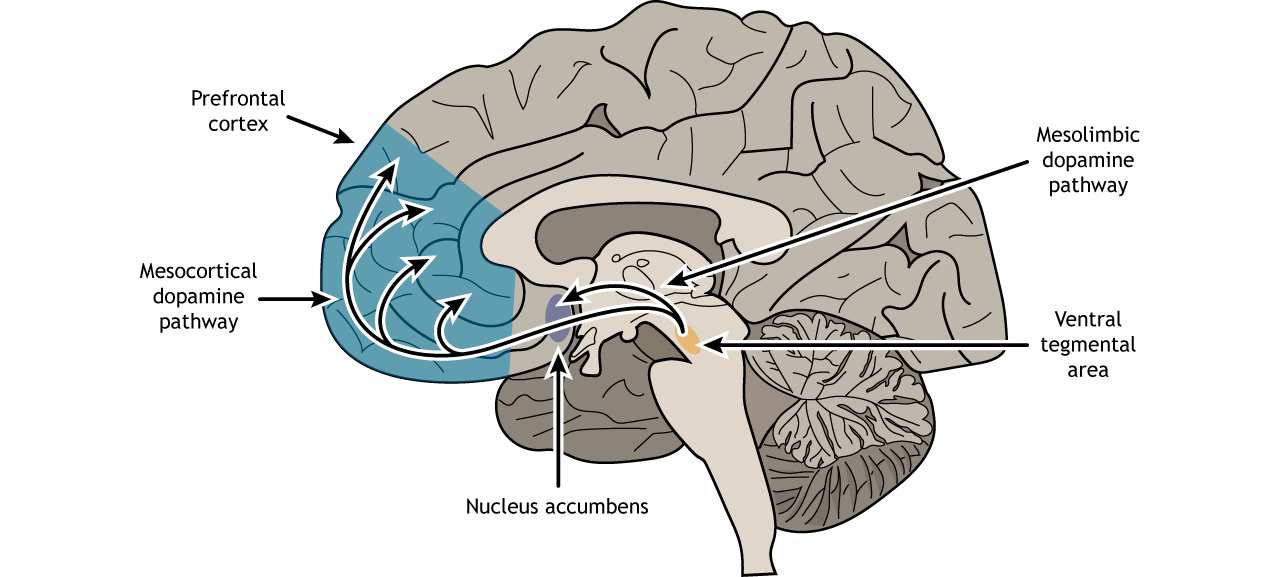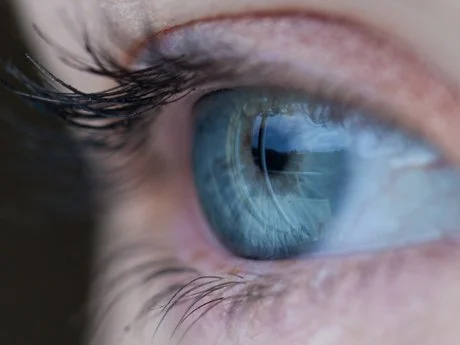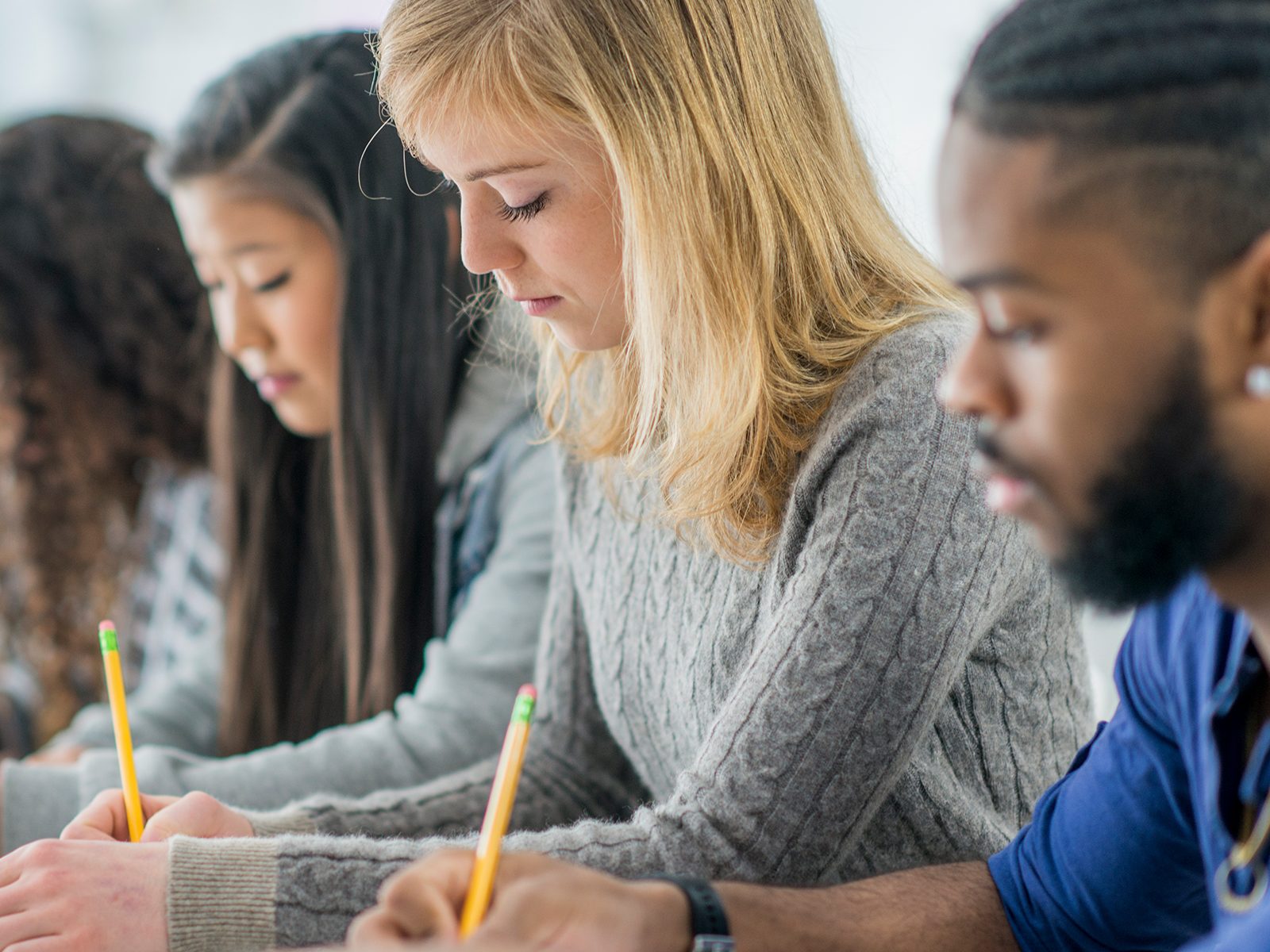In the modern education landscape, the blend of mindfulness and digital learning is forging a transformative path. The concept of mindfulness – being fully present and engaged in the moment, aware of one’s thoughts and feelings without distraction or judgment – is traditionally associated with personal well-being and spiritual practice. However, its principles are increasingly being recognized as valuable within educational settings, particularly with the advent of eLearning. The digital age has opened up a vast array of opportunities for learning. With eLearning platforms, resources are available at any time and place, making education more accessible than ever before. But …
Continue reading “Mindfulness and eLearning: New Age Ideas in a Digital Age of Teaching”




